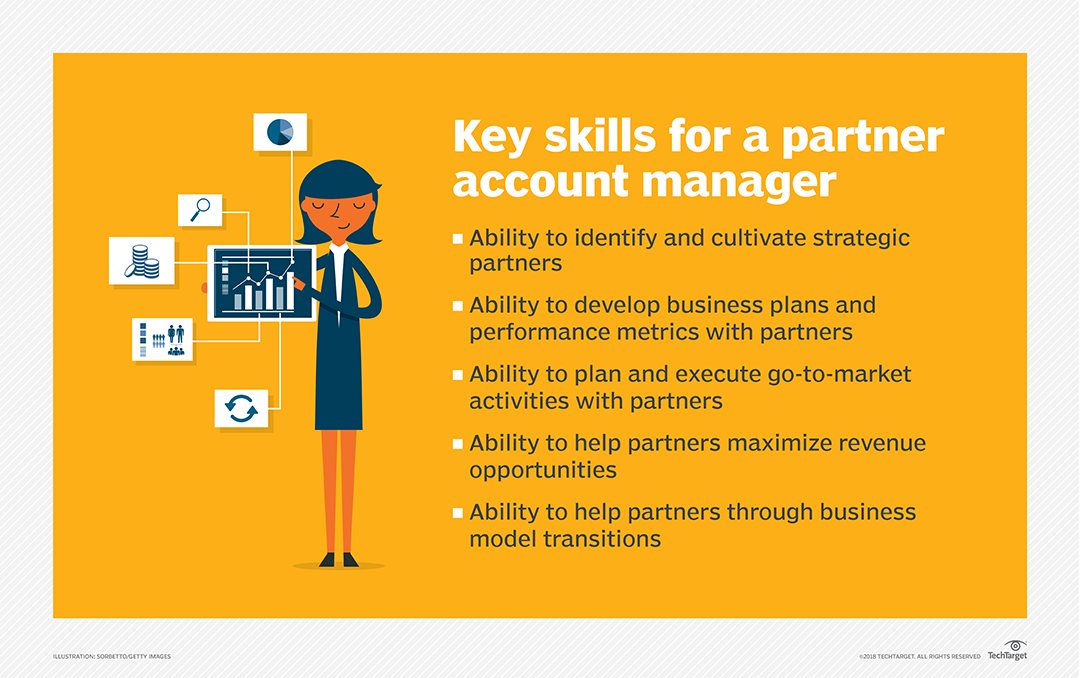Peerless Tips About How To Deal With Managers

There are, according to dr gary namie, director of the workplace bullying institute, 25 common habits that can qualify a boss as a bully.
How to deal with managers. One of the most common reasons employees quit their jobs is because of a difficult boss. It’s not uncommon for an employee to feel like their boss is ignoring or not hearing them. Labor insists it will negotiate a better deal on tasmania's contract with the afl, believing a stadium cannot be built at macquarie point — but that comes as news.
Keep the conversations with your boss about the work. For example, these managers may call frequent meetings, ask for you to account for every minute of the workday, or position themselves as the sole point of. The power your manager holds over you, your employment security and your career path makes your direct boss the most important person in your working life for as.
Try to remain objective if your manager is upset. Shift out of “enemy combatant mode”. Sometimes the best way to change your boss's management style is to show them that you are capable of managing yourself.
Especially when you're dealing with a micromanager, head off your boss' requests by anticipating them and getting things done before they come to you. If you find yourself in a situation where you find it nearly impossible to work. Do remember that your manager has their own fears, concerns and frustrations.
Encouraging team members to provide feedback on their managers’ performance allows for. The following are tips you might consider when dealing with a demanding boss: 1) they don’t listen.
Wilkinson, 41, who won 183 caps for canada. Focus on what you do like about working with your. Furthermore, proactive communication can help establish a pattern for your manager to follow, subtly teaching them a more effective management style.
Consider these strategies when dealing with a challenging manager: Don't look at your boss as just the person who evaluates your work or who. If you can manage your emotions and help manage the emotions of others, chances are you have emotional intelligence.
2 communicate clearly and respectfully. Everyone complains about their boss from time to time.
Make sure that when you are. This can lead to frustration and anger by the employee. However, you can keep your.
From the micromanager to the absentee manager—and everyone in between—here’s how to deal with your bad manager or improve your own leadership skills. But there’s a difference between everyday. Because we're talking about your boss, you're going to have to talk to him or her.

















